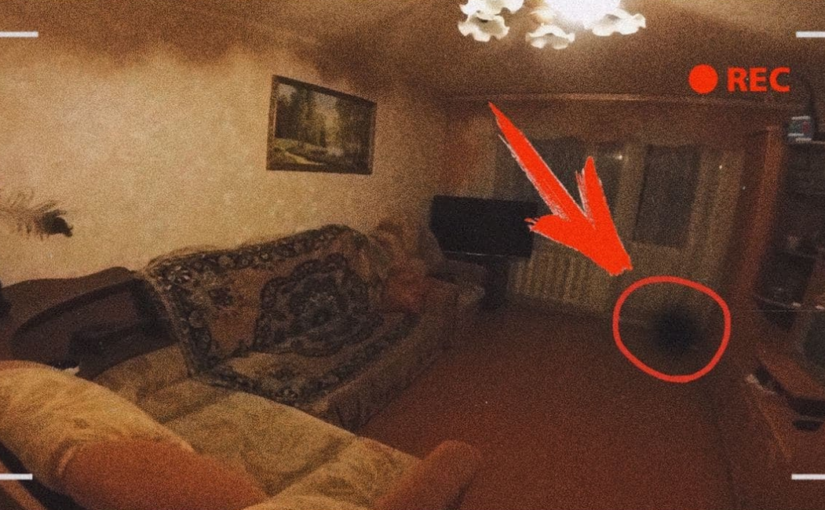Late 2025 saw several films and series featuring characters packing up for new starts, from post-apocalyptic journeys to family relocations in warmer climates. For updates on those stories and their filming locations, head to CineCorner, where they cover the latest in entertainment news and features.
Relocation plots drive drama because change brings challenges and rewards. Arizona draws real-life movers for similar reasons: 300+ sunny days annually, diverse landscapes, and growing job markets in tech and healthcare. In 2024 alone, Maricopa County added over 50,000 new residents, per U.S. Census estimates.
Planning Your Move Like a Pro
Start with timing. Many screen relocations happen impulsively, but reality favors preparation. Arizona’s peak moving season runs May to September—avoid it if possible, as rates spike 20-30%. Winter moves mean milder weather and potentially lower housing competition.
Budget for extras: average closing costs here hit 2-3% of purchase price, plus possible HOA fees in master-planned communities. Pre-approval for a mortgage locks rates and strengthens offers in competitive areas like North Scottsdale.
Choosing the Right Area
Films often highlight community fit. Look at family-oriented spots like Gilbert (top-rated schools, low crime) or active-adult options in Sun City. Phoenix proper offers urban access, while Cave Creek preserves ranch-style living.
Consider commute: median home prices in Scottsdale reached $825,000 in mid-2025, versus $480,000 in Glendale. Drive times matter—use tools like Google Maps for rush-hour estimates from potential neighborhoods to workplaces.
Working with Local Experts
On-screen moves rarely show agents, but they’re essential off-screen. Local realtors know off-market listings, builder incentives, and upcoming developments. In 2025, inventory rose slightly, giving buyers more leverage—experienced agents negotiate repairs or credits effectively.
Inspection periods here last 10 days standard; use them fully. Radon, scorpion, and roof checks top the list for Arizona properties.
Settling In Smoothly
Register vehicles within 15 days, update licenses, and connect utilities early—Arizona Public Service and Southwest Gas serve most areas. Join community groups or HOA events to build connections faster than most movie montages suggest.
Arizona’s lifestyle sells itself: hiking Camelback Mountain, spring training baseball, or pool days year-round. Relocation turns stressful when rushed—pace it like a well-scripted story.
Whether fleeing fictional wastelands or simply seeking change, Arizona welcomes newcomers. Partner with someone who knows the market inside out for a move that feels like the perfect plot resolution.









